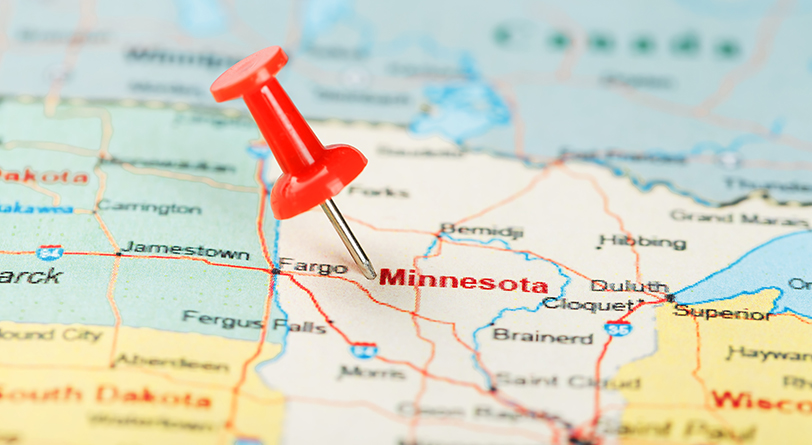Even with 2024 being a short year for legislative sessions and the national elections taking center stage this November, some states felt the need to introduce legislation on extended producer responsibility (EPR) for packaging.
Out of the 10 states that introduced EPR bills, Minnesota became the fifth state to enact a packaging EPR law in the United States. It joins California, Colorado, Maine, and Oregon, which previously passed packaging EPR laws.
Minnesota’s EPR bill was part of a larger budget bill (House File 3911/Chapter 116–Article 5) and was signed by the governor on May 21, 2024. Under the law, all packaging in Minnesota must be reusable, recyclable, compostable, or managed through an approved alternative collection system by 2032.
While this legislation is not perfect, it reflects a significant step forward in EPR laws in other states and represents a balanced negotiation between the packaging industry and municipalities that supported the bill.
- Some of the key provisions of the law are as follows:
- It covers packaging for all materials and paper products.
- Producers have control of the producer responsibility organization (PRO) and develop the stewardship plan.
- There is shared producer responsibility for costs, with producers providing reimbursements no less than 50% in 2029, 75% in 2030, and 90% in 2031 and each year thereafter.
- Statewide collection lists are to be set by the Minnesota Pollution Control Agency (MPCA).
- Rates and dates for composting, recycling, and reuse are not included in the statute, but performance targets must be developed by the PRO and state.
- Service providers are required to register and meet performance standards in order to be reimbursed by the PRO, and landfilling will not be paid for by producers.
- The reuse and refill provisions ban materials by January 1, 2032, that cannot be reused, refilled, composted, or recycled by the services provided under the plan.
- It has a neutral definition of “recycling” that could include advanced recycling.
- Strong antitrust provisions are provided in the statute.
Now that this has become law in Minnesota, MPCA will begin to draft regulations, and the PRO will register with the agency in 2025.
Similar to other states, one PRO is expected to fulfill the initial requirements of the law. Brand owners/producers will pay fees to that organization to develop a producer responsibility plan that will fund recycling activities in the state, per the cost-sharing formula.
Time will tell if the Minnesota approach proves to be more balanced and cost-effective compared with other state EPR laws.
Lauren Aguilar is a government affairs associate at the firm Serlin Haley, a lobbyist for FPA based in Washington, D.C. Andy Hackman also is a lobbyist with Serlin Haley.
